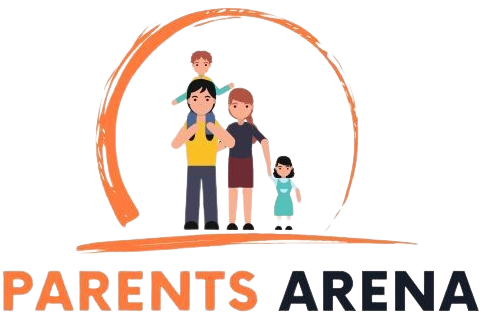Parent-teacher meetings (PTMs) are amazing opportunities for communicating directly with the teachers and knowing about your kid’s academic growth in school. It helps in learning about academics, behaviors, and social development. As part of this process, planning for a small change will help. Here’s how best to prepare for parent-teacher meetings:
Establish The Purpose Of The Meeting
Understand the importance of a meeting before attending it. Parent-teacher meetings are generally conducted to provide updates about student performance, areas of improvement, and things of concern. This will give you a perfect point to focus upon when discussing matters.
Revisit the Results and Performances of Your Child
Take a real look at your child’s grades on the most recent report cards, homework assignments, test results, and teacher feedback. Ways must be found in strengths and weaknesses that define your child’s academic journey, so ask relevant questions during the meeting with good preparation.
Talk to your Child
Engage in a free conversation with your child before having a meeting. What are their favorite subjects? What do they hate in their subjects and need you to talk to their teacher about? This will prepare you well for parent-teacher meetings and make your child feel involved and valued.
Compile A Set Of Queries
Ask questions. Below are examples:
- How is my child doing academically?
- Which specific areas need improvement for my child?
- What is the behavior of my child in the classroom?
- Is he/she cooperating well with others in group work and discussion?
- How can we help them at home?
Be On Time
Being on time is very important. Show teachers respect for their time by being a few minutes early thus setting a calm and positive note for all involved in such meetings. If you arrive late, inform the school so scheduling may happen.
Carry Relevant Materials
Make sure to carry the necessary documents with you, like previous report cards, samples of assignments, and some notes for special areas of concern. These during parent-teacher meetings, can help teachers understand your discussions better and address queries effectively.
Have A Positive Attitude
Come prepared with an open frame of mind to the interview. Listen to the educator. They do have a purpose for their observations to nurture your child so sensitive feedback should be put in for reflection. Work on ways to solve issues together instead of accusing anyone.
Write It Down
It is important to take note of essential things such as affirmations, suggested strategies, and any future actions. It will be easier to remember everything discussed and carry forward at your place.
About the Child’s Information
The teacher may not know some facts about the child in terms of what happens outside the school; his/her hobbies, health condition, or even crises in the family. Yet this part is worth telling to further elaborate with the teachers so they can understand more, then proceed to help the child personally.
The Next Step
Towards the end of the parent-teacher meetings, have a conversation about “What happens next?” Discuss specific steps both of you can follow to help the child make progress. This might be a session plan, additional materials, or per-unit updates on progress.
Go After
Meanwhile, go to the notes you would have taken from the meeting and talk with your child. Implement the strategies agreed upon and keep an eye on how they proceed. If necessary, have a follow-up meeting with the teachers to review progress.
Enhancement of a Strong Parent-Teacher Partnership
Parenting and teaching harmony form the basis of a nurturing framework for the growth of your child. Keep in touch with the teacher during the year and attend some school events to show that you are part of the child’s educational life.
Preparing for the parent-teacher meetings shouldn’t turn out to be a burdened task; with some planning and a positive attitude, you can have a meaningful and effective interaction. Remember that the end goal of purification and actualization comes from collaborating with the teacher and positioning your child first. However, practicing these little steps will make you fully ready for one of your upcoming parent-teacher meetings.

